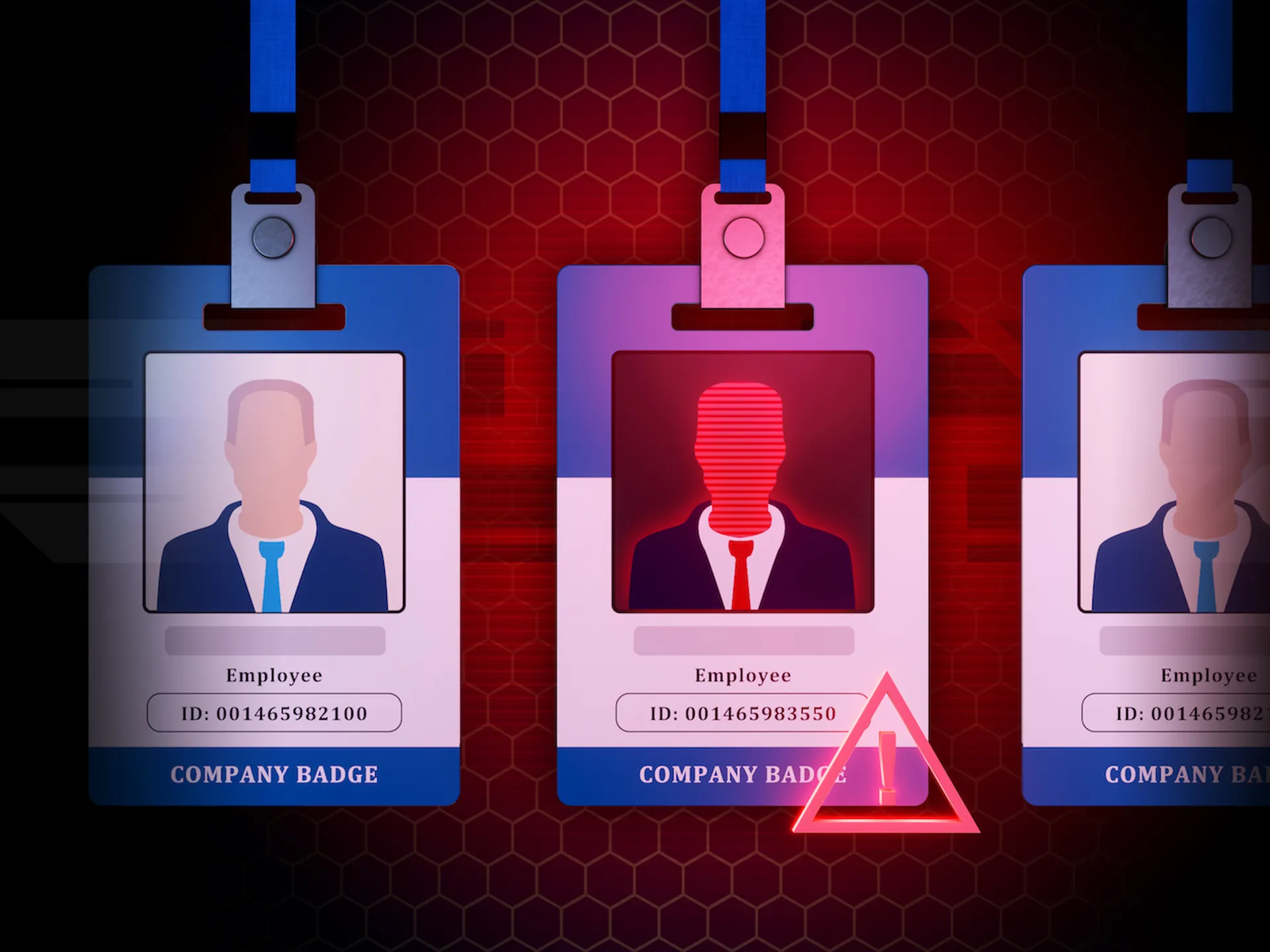While the majority of adults surveyed revealed that they are concerned about their children being exposed to strangers or illicit content online, the data in a new report indicated that the adolescents themselves are more interested in hacking into their friends' instant messaging or social network accounts.
The findings were revealed in a new survey from Panda Security that during the first quarter of 2009 queried 4,100 teenage computer users on their online behavior, technology knowledge and hacking activities.
The study showed that more than half of adolescents polled use the internet every day, spending on average nearly 19 hours a week online. Though the study revealed that 32 percent of this online activity is dedicated to studying, the majority of their time (68 percent) involves "leisure activities," such as online gaming, watching videos, listening to music or chatting with friends.
But, in what the survey researchers found most alarming about the adolescents' online behavior, some 67 percent admitted to "having tried, on at least one occasion, to hack into friends' instant messaging or social network accounts."
According to Luis Corrons, technical director of PandaLabs, “The advanced knowledge that many adolescents acquire through free tools and content available on the web can often lead them to engage in illegal online activities."
He said that his research team had discovered instances of teenagers employing trojans to spy on their friends, hacking into servers at their school to get a preview of exam papers, and stealing the identity of friends and acquaintances on social networks.
Corrons advocates encouraging young people to use the internet as "a channel for personal development, teaching them to use it in a healthy and responsible fashion." And, he added, efforts should bemade to steer them away from nefarious activities by making sure they get the message that their actions, though shrouded in the appearance of anonymity, could have serious consequences.
"Psychologists have long known that when an attacker does not see their victim, the normal inhibitions that prevent us from doing wrong become much weaker," Randy Abrams, director of technical education at ESET, told SCMagazineUS.com in an email. "The lack of actually seeing a victim often removes compassion and guilt from the psyche."
Abrams added that because of the massive change in our culture owing to the widespread adaption of the internet, it is up to responsible parties to find different methods to teach ethics. "I believe that schools are going to need to include courses on ethics and the internet. People are going to need to be shown compelling examples of victims, and examples are going to need to be made of people who engage in certain unethical activities."
Currently, law enforcement is exceptionally poorly equipped to choose the right examples, added Abrams, and, as often as not, creates victims through over-zealousness.
The findings were revealed in a new survey from Panda Security that during the first quarter of 2009 queried 4,100 teenage computer users on their online behavior, technology knowledge and hacking activities.
The study showed that more than half of adolescents polled use the internet every day, spending on average nearly 19 hours a week online. Though the study revealed that 32 percent of this online activity is dedicated to studying, the majority of their time (68 percent) involves "leisure activities," such as online gaming, watching videos, listening to music or chatting with friends.
But, in what the survey researchers found most alarming about the adolescents' online behavior, some 67 percent admitted to "having tried, on at least one occasion, to hack into friends' instant messaging or social network accounts."
According to Luis Corrons, technical director of PandaLabs, “The advanced knowledge that many adolescents acquire through free tools and content available on the web can often lead them to engage in illegal online activities."
He said that his research team had discovered instances of teenagers employing trojans to spy on their friends, hacking into servers at their school to get a preview of exam papers, and stealing the identity of friends and acquaintances on social networks.
Corrons advocates encouraging young people to use the internet as "a channel for personal development, teaching them to use it in a healthy and responsible fashion." And, he added, efforts should bemade to steer them away from nefarious activities by making sure they get the message that their actions, though shrouded in the appearance of anonymity, could have serious consequences.
"Psychologists have long known that when an attacker does not see their victim, the normal inhibitions that prevent us from doing wrong become much weaker," Randy Abrams, director of technical education at ESET, told SCMagazineUS.com in an email. "The lack of actually seeing a victim often removes compassion and guilt from the psyche."
Abrams added that because of the massive change in our culture owing to the widespread adaption of the internet, it is up to responsible parties to find different methods to teach ethics. "I believe that schools are going to need to include courses on ethics and the internet. People are going to need to be shown compelling examples of victims, and examples are going to need to be made of people who engage in certain unethical activities."
Currently, law enforcement is exceptionally poorly equipped to choose the right examples, added Abrams, and, as often as not, creates victims through over-zealousness.



